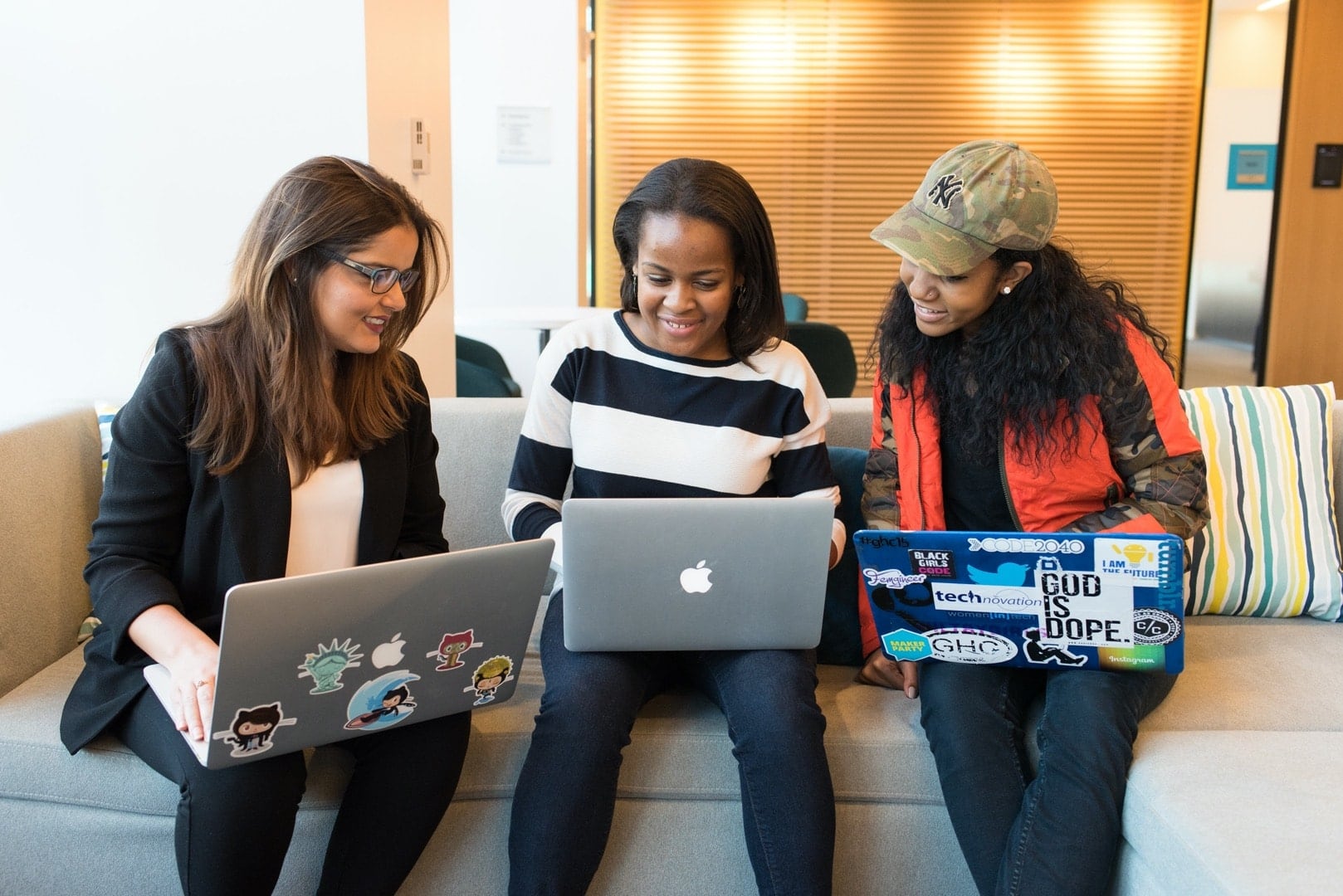Listen to this post: Subscribe to Karma podcast »
The issue of loneliness in organizations is chronic. The impact this can have on workplace effectiveness is devastating. So, how can organizations use digital technology to bring their teams closer together?
To answer this question, we first need to explore the underlying reasons behind workplace loneliness. In other words, why have we all become so distant?
In modern workplaces, deadlines are tighter and workloads are larger. When things get tough, employees want to have the support of those around them. It’s a team effort after all. With teams communicating digitally via platforms like Slack and Telegram, many employees lack any real sense of human connection in their day.
Some people blame the rise of digital technology on the breakdown of communication and human bonding across teams in the workplace. We’re no longer getting those face-to-face conversations like we used to, a vital form of basic human connection.
The Research of Dr Sarah Wright at the University of Canterbury
Dr Sarah Wright at the University of Canterbury has completed extensive research on the impact of loneliness in the workplace. In the words of Dr Wright, “Research surrounding loneliness tends to focus almost exclusively on personal characteristics as the primary determinant of the experience, and largely ignores the workplace as a potential trigger of loneliness.”
Personality tends to be overestimated as the reason for loneliness, with only a small amount of consideration being given to environmental factors such as workplace culture. After realizing this, Dr Wright wanted to explore the relationship between loneliness and workplace culture further.

Dr Wright invited employees from various organizations to participate in online research via email. This study managed to generate 362 submissions from a diverse range of occupational groups, giving Dr Wright plenty of data to analyze.
The data suggested that workplace culture serves to simultaneously predict the emotional deprivation factor of loneliness, alongside employee attitude and wellbeing. At Karma, we believe that positive culture in the workplace can help to boost morale, leading to an increase in productivity.
Before we began our mission of creating a tool to boost productivity in the workplace, we recognized that productivity can only be unlocked through positivity. Leaders can try to force productivity through the threats of negative consequences, but all this does is simply induce fear.
Environmental factors such as fear, lack of community spirit and value congruence play a role in the experience of work-related loneliness and have an overall negative effect on employee withdrawal behaviours and job satisfaction.
In other words:
as workers feel more lonely, their levels of effectiveness and productivity spiral.
Meanwhile, their desire to leave the workplace increases as they start to neglect the responsibilities that come with their role. This ultimately results in lower outcomes of achievement for businesses.

So, how can digital technology be used as a force for promoting enhanced workplace relationships among teams?
Let us introduce you to Karma - an intuitive workplace tool designed to foster a high-performance team culture, bringing you closer together in the process.
Do you want to know the best bit? Karma sits inside Slack, embedding positive communication and team bonding into your existing workflows. Our unwavering ambition is to build stronger, happier teams.
Ready to start bringing your team closer together? Reduce loneliness and drive productivity in your team today by adding Karma to Slack or Microsoft Teams.


 Workplace Gamification Making Employees More Productive And Happier
Workplace Gamification Making Employees More Productive And Happier